How Masturbation Myths Almost Ruined My Hair and How I Fixed It
Craig Smith
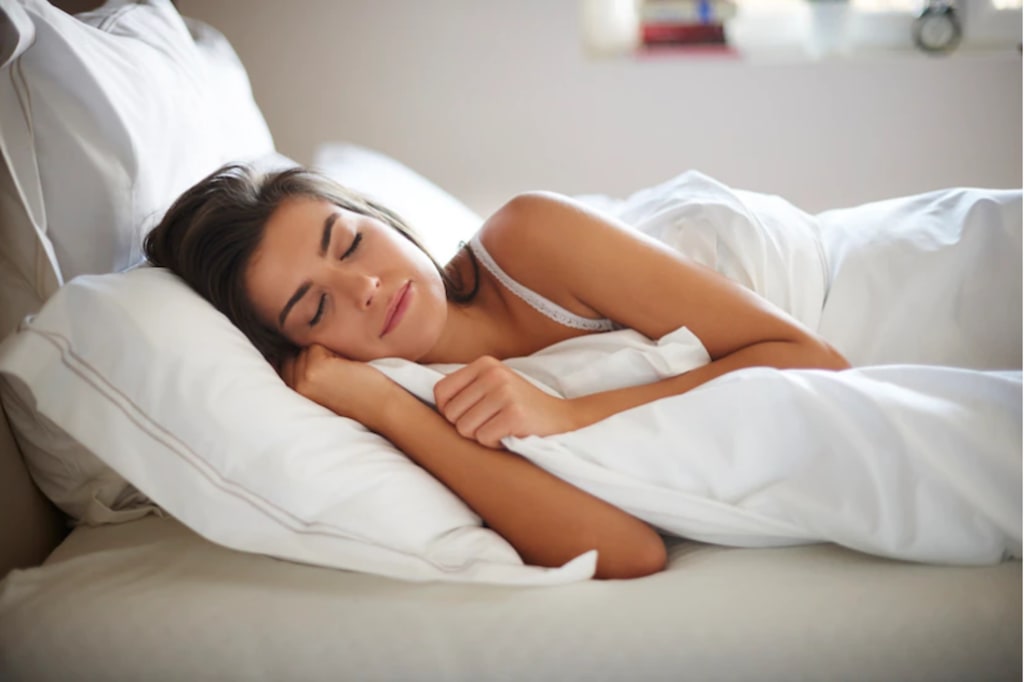
I have always had a love-hate relationship with my hair. It was long, straight, and shiny, and I loved to style it in different ways. I used to get compliments from men and women alike. I felt confident and beautiful, and I thought my hair was a big part of my personality.
But then, things started to change. When I was in my early thirties, I noticed that my hair was falling out more than usual. I tried to ignore it at first, but it became more and more noticeable. I started to find strands of hair on my pillow, in the shower, and on my clothes. I also noticed that my hairline was receding, and that my scalp was more visible.
I panicked.
I started to search online for the possible causes of my hair loss, and I came across a shocking theory: masturbation.
Yes, you read that right. Masturbation.
Apparently, some people believed that masturbation can cause hair loss, especially in women. They claimed that masturbation can deplete your body of essential nutrients, hormones, and enzymes that are needed for hair growth. They also claimed that masturbation can increase your stress levels, which can affect your immune system and cause inflammation or infection on your scalp.
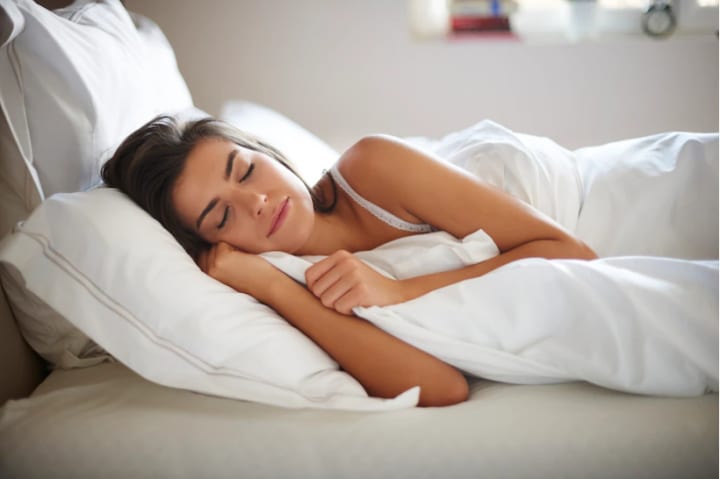
I was stunned.
Could this be true? Could masturbation be the reason why I was losing my hair?
I had been masturbating since I was a teenager, and I enjoyed it. It helped me relax, relieve tension, explore my sexuality, and improve my self-esteem. It was a natural and healthy activity that I did not feel ashamed or guilty about.
But now, I started to doubt myself.
Was I doing something wrong? Was I harming myself? Was I ruining my hair?
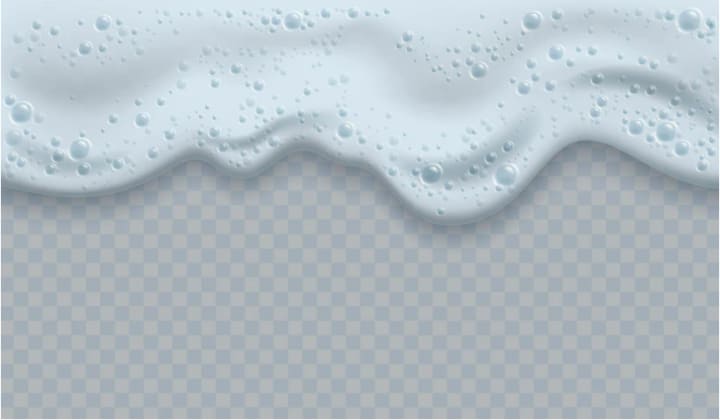
I decided to do some more research on this topic, and I was relieved by what I found. There was no scientific evidence to support the claim that masturbation can cause hair loss. There was no biological mechanism to explain how it could happen. In fact, masturbation may have some benefits for your hair health, as it can increase blood flow to your scalp and stimulate the production of natural oils that moisturize your hair.
The myth that masturbation causes hair loss may come from several sources, such as:
The idea that ejaculation contains high levels of zinc, and that losing it through orgasm can deprive your body of the zinc it needs for hair growth. However, this is not true, as ejaculation only contains a trace amount of zinc (about 0.3 milligrams per 100 milliliters), and your body can easily replenish it through your diet.
The idea that masturbation affects estrogen levels, which in turn affects the hair growth cycle. However, this is also not true, as studies have shown that masturbation does not affect estrogen levels significantly, and that other factors, such as genetics, age, and health conditions, are more important in determining estrogen levels and hair growth.
The idea that masturbation causes psychological distress or guilt, which can affect your mood and self-image. However, this is also not true, as masturbation can actually improve your mood and self-image, and there is no evidence that it can cause psychological problems or disorders.
So, if masturbation does not cause hair loss, what does? The most common cause of hair loss in women is male pattern hair loss (MPHL), also known as androgenetic alopecia (AGA). This is a genetic condition that affects the hair follicles on your scalp, making them shrink and produce thinner and shorter hairs over time. Also, for females, FPHL affects about 40% of women by the age of 50, and it usually starts after menopause.
Other causes of hair loss in women include:
Alopecia areata: an autoimmune condition that causes patchy hair loss on the scalp or other parts of the body.
Telogen effluvium: a temporary condition that causes excessive hair shedding due to stress, illness, medication, or hormonal changes.
Traction alopecia: a condition that results from pulling or styling the hair too tightly, causing damage to the hair follicles.
Nutritional deficiencies: a lack of certain vitamins, minerals, or proteins in your diet can affect your hair growth and quality.
Scalp infections: fungal or bacterial infections on your scalp can cause inflammation, itching, scaling, and hair loss.
If you are concerned about your hair loss,
you should consult a doctor or a dermatologist to determine the cause and the best treatment option for you. Depending on the type and severity of your hair loss, you may benefit from medications, topical solutions, injections, surgery, or other therapies.
One of the therapies that has been gaining popularity in recent years is red light therapy for hair growth. Red light therapy is a non-invasive treatment that uses low-level laser or LED light to stimulate the cells in your scalp and promote blood circulation, oxygen delivery, and nutrient uptake. This can help improve the health and function of your hair follicles and increase the production of new hairs.

Red light therapy for hair growth has been shown to be effective in several studies , especially for people with FPHL. It can be done in a clinic or at home with a red light therapy cap, which is a device that fits over your head and emits red light to cover your entire scalp. Red light therapy cap is safe, painless, convenient, and easy to use. You just need to wear it for a few minutes every day or every other day to see results.
Red light therapy cap may not work for everyone or for every type of hair loss. It may take several weeks or months before you notice any improvement in your hair density or thickness. It may also require ongoing maintenance to prevent further hair loss. Therefore, you should consult your doctor before starting red light therapy cap to make sure it is suitable for you and to monitor your progress.
Masturbation does not cause hair loss. It is a natural and healthy activity that you should not feel ashamed or guilty about. If you are experiencing hair loss, you should seek professional advice and explore different treatment options. Red light therapy cap may be one of them if you have FPHL or other types of hair loss that respond well to light stimulation. Red light therapy cap may help you restore your confidence and improve your appearance by regrowing your hair.
I know how it feels to lose your hair and to lose your self-esteem. I have been there, and I have overcome it. I have learned to love my hair again, and I want you to do the same.
That’s why I am sharing my story with you, hoping that it will inspire you and help you.
What do you think about red light therapy cap? Have you tried it or are you interested in trying it? Share your thoughts and experiences in the comments below.
About the Creator
Health First
Let's get healthy! And things will change someday.


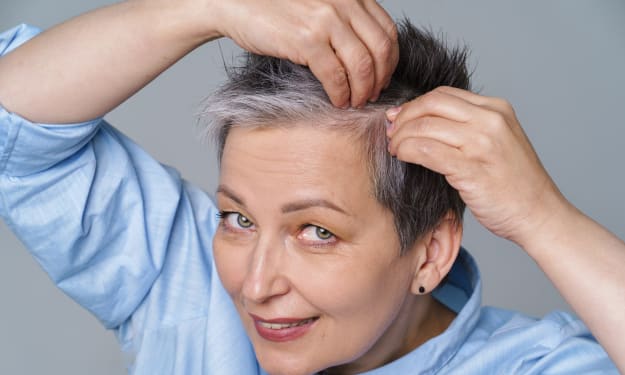

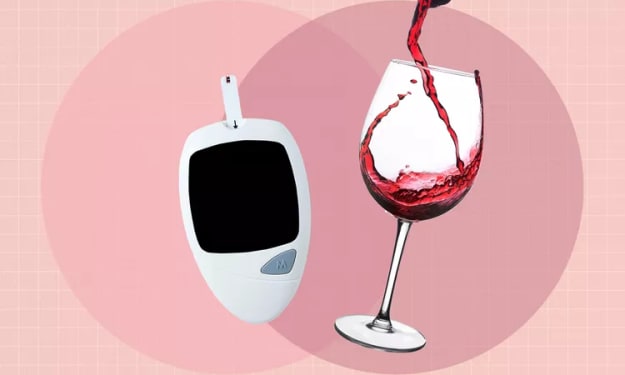

Comments
There are no comments for this story
Be the first to respond and start the conversation.